The Role & Function of Lead Aggregators
Lead aggregators are companies that gather leads (consumer interest) from different online channels, like partner websites, social media, landing pages, and search ads. These leads are then distributed or sold to businesses who need customers. You can say that lead aggregators are a middleperson between companies that provide services and people who need it.
So the question arises, how lead aggregators function? They partner or build platforms that attract customers. When someone makes a call or fills out a form expressing interest, the aggregators use this information to warm leads. Meaning, the leads are categorized, verified, and sold to exclusively one buyer or shared with different businesses.
This model helps companies get quick access to interested customers, reduce marketing costs, and save time, especially in the tough competition among addiction recovery, where intent and timing are important for conversion.
Why Lead Aggregators Matter in Addiction Treatment Marketing?
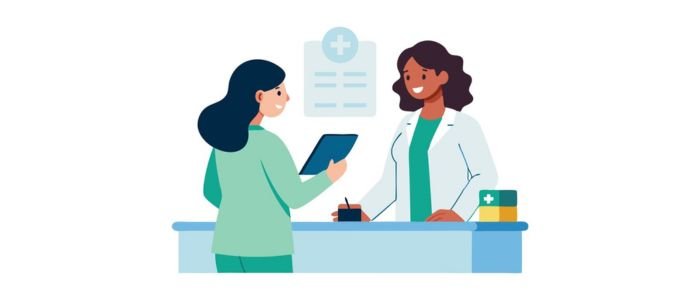
In addiction treatment space where compliance, trust, and urgency are vital, lead aggregators allow recovery centers to connect with individuals who are looking for help. They fill the gap between real-world admissions and digital intent, making it easier for addiction centers to focus on care while the pipeline keeps getting filled up. Over 91% of marketers consider lead generation their top priority, and for addiction treatment centers, this priority can be the difference between saving lives and empty beds.
Supply, Demand & the ‘First Contact’ Reality
The demand for treatment centers fluctuates every day; specialty programs, insurance fit, and available beds vary a lot. When a qualified patient reaches out, intake must be sped up. Aggregators reduce the mismatch by directing motivated leads to facilities that can be admitted.
- Aggreged lessen wasted marketing spend by tallying fit sooner
- Urgent need + limited beds = competition for high-intent leads
Why Lead Aggregators Have Gained Ground
Lead aggregators invest in screening systems, helplines, content, and paid search that capture qualified patients. Aggregators benefit with filtered inquiries, performance data, faster ramp, and broader reach.
The Sensitivities of Addiction Treatment Marketing
When it comes to addiction treatment, patients or their families seldom trust due to crisis and pain. Key sensitivities include strict compliance (state marketing rules, HIPAA), urgency, and privacy concerns and stigma. Good leads mean an actual patient wants to recover. For addiction treatment centers, constant lead stream drive stabilized revenue and admissions.
How Lead Aggregators Source, Sort, & Share Qualified Leads?
Lead aggregators build structured systems to collect, qualify, and distribute leads efficiently. This process creates a line between streams of high-quality leads to a random contact list.
Step 1: Collection
Every interaction is logged as a lead with data. Aggregators use a blend of digital strategies to get leads which mostly include:
- Partner and affiliate sites that funnel traffic into lead calls or forms
- Call tracking and landing pages optimized for conversions
- SEO content that tells everything about addiction treatment
- Paid search campaigns targeting high-intent keywords
Step 2: Filtering
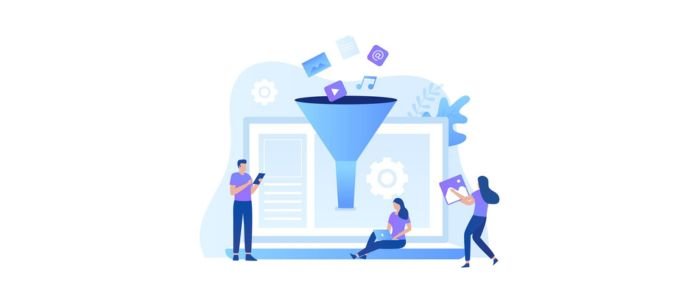
When leads are captured, the aggregators implement filters to make sure that only relevant and viable leads are ready to be distributed. This step is important for avoiding wasted intake efforts and maintaining quality. This usually include:
- Removing spam or duplicates
- Verifying substance type, age, and location
- Screening for insurance coverage
Step 3: Distribution
Screened leads are routed to addiction treatment centers based on specific criteria, like specialties, bed availability, and location. Some are shared exclusively with one buyer whereas others may get leads that have crossed via multiple centers.
Aggregation vs. Direct Lead Generation
Lead aggregation includes outsourcing the process to a third-party who gathers leads from different sources and distributes or sells them. Direct lead generation means addiction treatment centers run their own marketing campaigns and get leads. Aggregation enables facilities to scale faster.
Why Addiction Treatments Centers Use Lead Aggregators?
Addiction treatment centers operate in high-level stake abodes where efficiency, trust, and timing impact lives. Lead aggregators are now celebrated since they offer a streamlined path to connect with patients seeking help. Below are 5 reasons why recovery centers use lead aggregators.
1. Access to Specialized Marketing Expertise
Most lead aggregators are pro-performance marketers and they test keyword strategies, funnels, ad formats, and headlines daily. Recovery centers benefit from proven systems without the risk of error or trial. Lead aggregators use a data-driven approach for better optimization and targeting.
2. Bridging the Gap Between Admissions & Inquiries
There is usually a disconnection between someone entering for treatment and the one who is searching online for help. Aggregators reduce this gap by providing reporting and tracking tools that help recovery centers re-define their intake strategies. They have the systems that connect patients via form or phone directly.
3. Scaling Patient Acquisition Fast
When an addiction treatment center wants to expand to new markets or to get admissions quickly, lead aggregators offer the fastest and easiest route. They tap into geo-targeted traffic without creating campaigns from scratch.
4. Reduced Effort & Cost
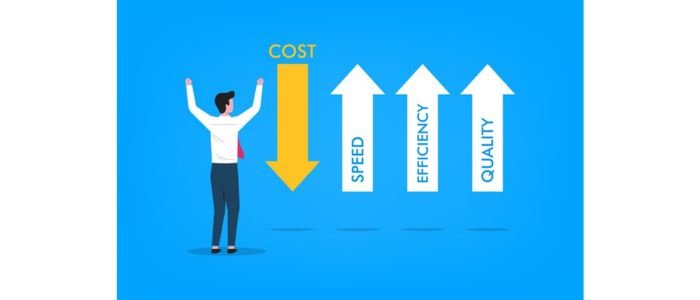
It becomes expensive for recovery centers to run in-house digital campaigns. Lead aggregators abolishes this burden by delivering leads at a fixed pay-per-call rate or cost-per-lead, managing compliance risks, and handling ad creation, media buying, and landing pages. This lowers marketing workload and simplifies budgeting on internal teams.
5. Instant Access to High-Intent Leads
When someone reaches out, they are desperate or ready for rapid help. Lead aggregators deliver pre-screen and real-time leads, allowing addiction treatment centers to respond faster. Many leads are generated via inbound phone calls which reduces time spent on tracking cold leads.
6 Types of Leads Provided by Lead Aggregators in Addiction Treatment Marketing
Addiction treatment facilities depend on different lead types to maintain consistent admissions to fill beds. Lead aggregators give these leads via structured systems that capture patient’s intent across various channels. Lead types can allow recovery centers to choose the right fusion based on their budget, sales process, and capacity.
Exclusive vs. Shared Leads
Aggregators offer exclusive leads which are only sold to one addiction treatment center. These leads are expensive but recovery centers have an improved chance to convert them since there is no competition. While shared leads are sold to various facilities at once. These leads cost less but require strong intake strategies and quick follow-up, since different centers contact the same patient. This choice between shared and exclusive leads rely on the recovery center’s budget flexibility, staff availability, and speed.
Inbound vs. Outbound Leads
Inbound leads are people looking for help, people who call a treatment helpline, fill out a form, or click an ad. These leads convert and have higher intent because the patient takes the first step. On the other hand, outbound leads are purchased lists or collected from databases and require outreach from treatment facilities. These involve email campaigns and cold-calling, and can see limited conversion rates. Inbound leads are preferred by addiction treatment marketing due to its emotional readiness and urgency of the patient reaching out.
Insurance-Screened Leads
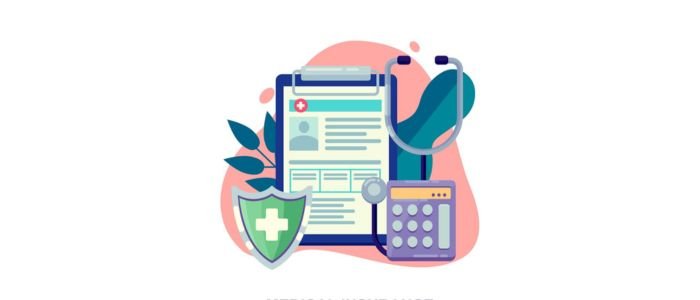
It is the most crucial criteria in addiction treatment when it comes to insurance coverage. Lead aggregators offer insurance-qualified leads, these are the people who have been screened for specific plan types or insurance providers. This increases the likelihood of successful intake and saves time for admissions teams, as financial clearance is the first hurdle to treatment.
Pay-Per-Call vs. Form Submission Leads
Pay-per-call leads are generated when a patient dials a phone number after engaging with a landing page or targeted ad. These leads are valuable since they allow for quick qualification and real-time conversation. In contrast, form submission leads come from people who fill a digital form with their basic information and details. These leads are cheaper and require a good amount of effort to reach and convert, plus responses can vary.
Warm Transfer Leads
Warm transfer leads are live calls that are qualified and screened by a call center agent before sending to the treatment center directly. Warm transfer adds an extra layer of filtering to make certain of key criteria, like readiness to enter treatment, substance type, and insurance coverage. This lead is also valuable since the center speaks with people who meet predefined criteria or qualification. It increases efficiency and saves time, and leads to improved admission rates since the patients are already vetted and engaged. Warm transfer leads are ideal for addiction treatment centers that want high-intent leads without needing to do initial screening.
Geo-Targeted or Specialty-Specific Leads
Some lead aggregators offer leads based on specific treatment needs or geographic filters, like MAT (Medication-Assisted Treatment), detox, or diagnosis. This targeting makes sure that leads align with the treatment center’s services and increases the chances of conversion.
How Lead Aggregators Operate in the Addiction Treatment Space?
Lead aggregators play a massive role in bringing together the facilities that are ready to help and the people seeking addiction treatment. Their operations lean on strict compliance protocols, conversion funnels, and digital marketing to deliver intent-driven and high-quality leads.
– Click-to-Call Funnels & Landing Pages
Once the traffic is acquired, it is funneled to high-converting landing pages. These pages are mobile-optimized to support click-to-call campaigns for patients on phone, and focused on a single action based on form submission or call. Landing pages are designed to build trust with urgent messaging, accreditations, and testimonials.
– Marketing Channels That Drive Leads
Lead aggregators depend on various channels that attract patients seeking help with addiction. Each channel is optimized to get attention and push patients towards immediate action. The most common are:
- Pay-per-call (PPCall)
- Pay-per-click (PPC)
- Call centers
- Social ads
- SEO
– Data Security & HIPAA Compliance
Addiction treatment includes HIPAA and PHI (protected health information) and these standards are non-negotiable. Top aggregators make sure that lead transfers via secure HIPAA or CRM-compliant platforms, call recordings are managed and encrypted properly, and all data is stored and collected securely. This protects the provider’s legal standing and patient’s privacy.
– Lead Filtering & Verification
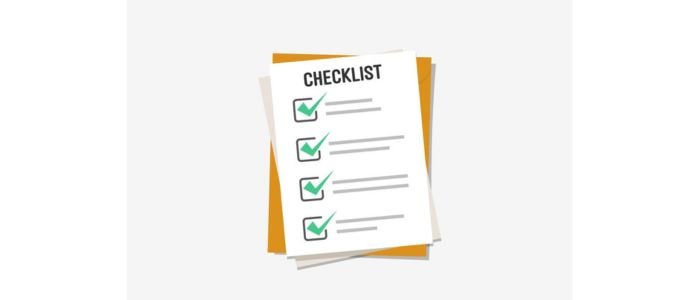
Before distributing leads to addiction treatment centers, aggregators implement verification filters. These usually include readiness to enter treatment, treatment needs, location, and insurance coverage level and provider. Some use live or AI agents to verify or qualify leads via screening questions, lowering the risk of mismatched or unqualified leads.
– Optimization & Performance Tracking
Lead aggregators monitor campaign performance to enhance ROI and quality. Common practices involve:
- Funnel testing and continuous ads to reduce CPA (cost per acquisition)
- Lead scoring systems to high-value customers at front
- Call recordings with tracking to verify intent
Such data-driven methods benefit addiction treatment centers by making sure that the leads they get are conversion-ready and high-quality.
– Real-Time Lead Distribution
Speed is hypercritical in the addiction treatment leads. The best aggregators use robust routing-systems to deliver leads to the right treatment centers instantly. This includes API integrations, CRM or emailing, and call routing based on service availability or location. Faster distribution results in high conversion rates since patients get help when they need it.
9 Benefits of Partnering with Lead Aggregators for Addiction Treatment Centers
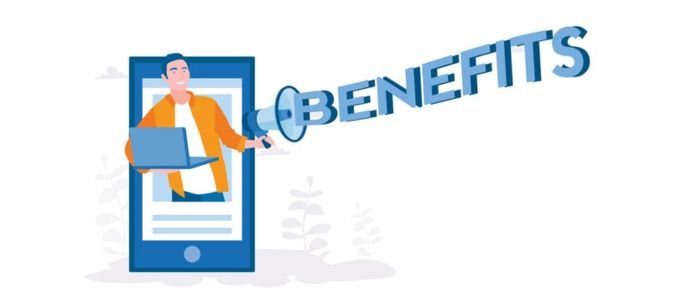
Addiction treatment marketing has become superlatively competitive, complex, and expensive. Recovery centers should reach people in urgent need while maintaining trust and compliance. For many addiction treatment facilities, equipping them with skills and building an internal marketing team can be overwhelming. This is where lead aggregators offer a streamlined way to get patients without taking responsibility and risk of running large-scale campaigns. Below are the benefits of partnering with lead aggregators for addiction treatment centers.
i. Predictable Lead Flow
Algorithm changes, fluctuating ad costs, and season trends makes lead generation unpredictable for in-house marketing strategies. Lead aggregators operate across multiple and scaled traffic sources that allows them to offer consistent lead flow even when marketing prices rise. This helps addiction treatment centers manage resources and forecast admissions.
ii. Fast Time-to-Conversion
Timing is everything when a person is seeking treatment. Lead aggregators assist eliminate delays by delivering pre-qualified and high-intent leads. Most leads come through instant form submissions and inbound calls. This allows treatment facilities to connect with patients when motivation is at peak. Faster engagements mean higher admission rates.
iii. Reduced Burden on In-House Teams
Partnering with a lead aggregator lowers the burden on in-house marketing teams. Recovery centers can focus on patient intake and care while the aggregators lift all the heavy weight of providing lead qualification and traffic generation. This approach allows new/small recovery facilities to compete with larger recovery centers without needing a huge internal team.
iv. Access to Marketing Data & Expertise
Lead aggregators have teams of pros who understand everything from Google Ads to HIPAA policies. They analyze performance data, test funnels, and optimize ads everyday. Partnering with a lead aggregator gets recovery centers access to such performance data and expertise, this results in reduced acquisition cost over time and better quality of leads.
v. Cost-Effectiveness
Lead aggregators operate via pay-per-call or pay-per-lead model which enables treatment centers to pay only for real results and control cost. Exclusive leads are pricier but it saves a great deal of money and resources on in-house marketing. Buying leads provides more predictable results compared to running campaigns that might not convert many.
vi. Increased Patient Volume & Reach
Lead aggregators leverage a broad network of partners and strategies to reach an audience. From affiliate partnerships to social campaigns and Google Ads, lead aggregators use a wider net that help addiction treatment facilities boost patient volume.
vii. Speed to Market
Partnering with a lead aggregator gives access to a lead stream, allowing recovery centers to get patient admissions instantly. This speed-to-market ensures that existing recovery centers stay competitive during high demand periods and generate revenue faster.
viii. Specialized Expertise in Healthcare Marketing
Lead aggregators have profound knowledge of every regulation of marketing healthcare and maintain the system to stay compliant. They also know what messaging resounds with patients and their families, this helps to improve trust and engagement. By using this expertise, treatment facilities reduce their reputational and legal risk.
ix. Pre-Qualified & Targeted Leads
Aggregators filter leads before distributing. Leads are screened on the basis of criteria, like readiness for treatment, location, and insurance type, enabling recovery centers to spend less time chasing wild patients. Some lead aggregators use automated tools or live agents to ensure details before passing the lead to the treatment center. Such a pre-qualification cycle improves conversion rates and increases efficiency.
4 Types of Lead Aggregators & Their Models
Lead aggregators in the addiction treatment market come in various categories, and each has a unique method to deliver and generate leads. Understanding these models allows recovery centers to opt for the effective option based on their operational capacity, budget, and goals. Below are the 4 common types of lead aggregators and how they operate.
Call-Center-Based Lead Aggregators
This model leverages inbound call centers or helplines to handle inquiries. Lead aggregators run various campaigns to generate calls, the agents then pre-screen every call for treatment readiness, location, and insurance before forwarding them to a recovery center. These are sold as warm transfer leads. This model delivers the highest-converting leads but is expensive due to the agent’s live involvement.
Benefits of Working with a call-center-based lead aggregator:
- Pre-screening saves time for intake staff
- Real connection with highly engaged patients
Affiliate Networks
Affiliate networks connect recovery centers with a third-party marketer who brings traffic via email campaign, review sites, blogs, and more. These affiliates are paid per call generated or per lead. Lead aggregators manage the network, this ensures performance tracking and compliance.
Benefits of working with an affiliate network:
- Performance-based structure lowers upfront risk
- Increases reach via multiple traffic sources
Digital Marketing Agencies Acting as Aggregators
Some digital marketing companies run campaigns for addiction treatment centers but keep the ownership of leads instead of distributing to clients. Such companies use landing pages, social media ads, and SEO to generate leads and sell to recovery centers on a pay-per-call or pay-per-lead basis. This model is best for treatment facilities that want forecasted lead flow without creating internal marketing teams. The cost of these premium leads are high.
Benefits of working with digital marketing companies that act as aggregators
- Access to shared or exclusive leads based on pricing
- Advanced marketing strategies without the need of in-house marketing team
Referral Networks
Referral networks depend on partnerships with treatment providers, hospitals, and healthcare professionals to funnel patients into programs. These leads come via trusted relationships or personal recommendation, making them highly convertible.
Benefits of working with referral networks:
- Pre-qualified with treatment needs and insurance details
- Higher trust and quality compared to digital leads
Conclusion
Every connection counts when it comes to addiction treatment marketing, and lead aggregators make it happen. Lead aggregators are problem solvers who unravel the hardest process: finding the right patients at the right time. With their expertise, recovery centers can focus on what their mission is and reduce the guesswork. Choosing the right lead aggregator creates a lifeline for your addiction treatment center and for the people who are counting on you to answer the call.
FAQs
What types of leads do aggregators provide?
Common types of leads that aggregators provide include warm transfer calls, insurance-qualified calls, form submissions, and inbound calls. These leads are pre-screened by live agents.
Are leads from aggregators exclusive?
It depends on how much the treatment centers are willing to pay per lead. Some aggregators sell shared leads to different centers, while some sell exclusive leads to one center only. Exclusive leads are expensive and have less competition.
Are lead aggregators legal in addiction treatment marketing?
Yes. If the lead aggregator is following ethical marketing guidelines, advertising policies, and HIPAA rules, the lead aggregation process stays compliant and legal.
Are pay-per-call leads better compared to form leads for recovery centers?
Yes. This is because the calls mean higher intent and allow for instant engagement. This leads to better conversion rates.
How fast does a recovery center start getting leads?
Most of the time, it takes 24-48 hours after signing up with a lead aggregator.
Are shared leads worth buying?
They are cheap but require super-fast follow-up since a lot of treatment facilities can contact the same person.
Can lead aggregators guarantee admissions?
No. They can guarantee streamlined leads but not admissions. Conversion relays on your admission team’s effectiveness and speed.
Do lead aggregators provide exclusive geo-targeted leads?
Yes. Some lead aggregators offer exclusive leads filtered by location, insurance requirements, and treatment types.
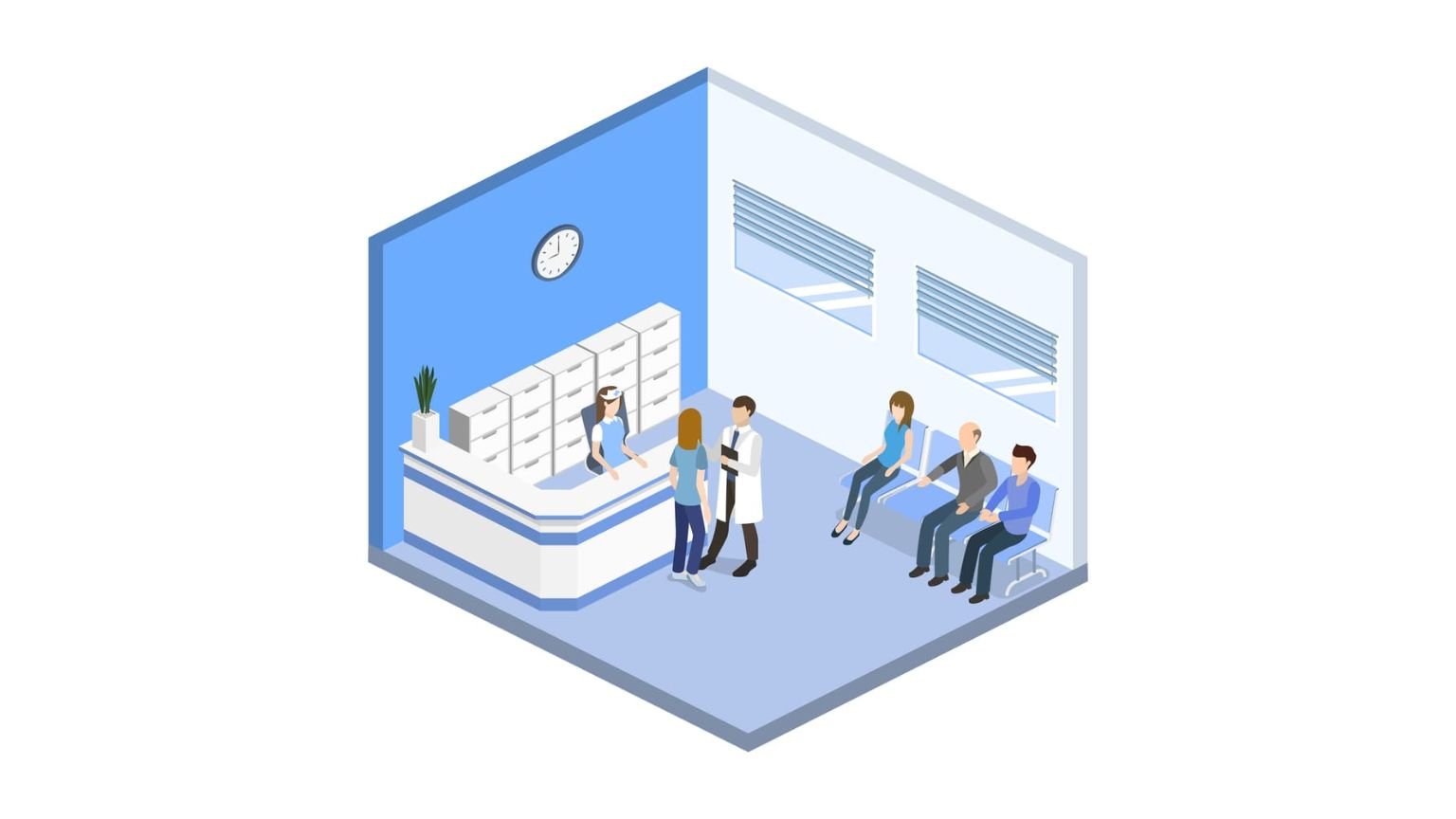

Leave a Reply